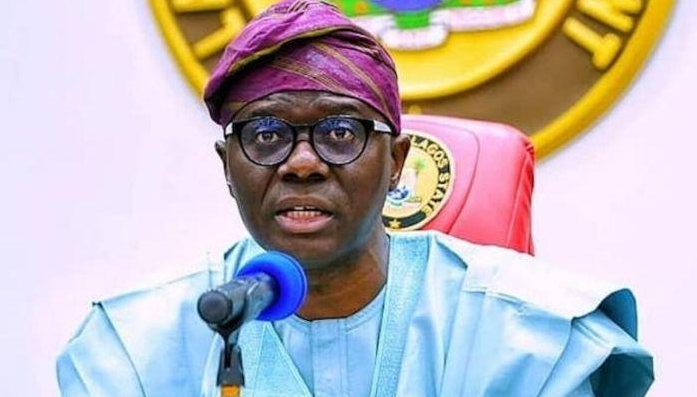The Governor of Lagos state, Mr. Babajide Sanwo-Olu has allayed the fears of residents of the state who complain about the state’s high debt stating that Lagos has the capacity for a debt burden of N20 trillion.
He made this known during a media chat with newsmen today as part of efforts to brief citizens on the policy actions of the state amidst the high cost of living crisis being witnessed.
When asked about the state’s high debt which tops the state’s 2024 budget and efforts to reduce it, the Governor said the important fact is sustainability noting that debts are not bad but future investment.
He referenced the rail projects embarked upon by the state which was funded by debt stating that without the government taking the risk, the benefits would have eluded Lagosians and Nigerians in general.
He said,
- “I never get scared of what borrowing is. The question around the debt burden is what is your sustainability and what lines of investment are you putting those burdens to?”
- “So the challenge around this N2 trillion is just a number. Indeed, the capacity of Lagos, we should be doing N20 trillion. In the last budget, when we pulled all of our numbers together, my people were saying to me that they wanted a budget of N6 trillion, but we could only do N2 trillion. That goes to show you the strength and capacity that the state has.”
- “We need to double our civil service, we need to be able to build all those roads that we are talking about. So we shouldn’t be scared of those numbers.”
Recommended reading: Lagos’ high capital spending doesn’t always benefit city’s poorest – AfDB
What you should know
For the year 2024, the Lagos state government had a budget of N2.267 trillion which N952.43 billion represented recurrent expenditure. The figure will cater for personnel cost, overhead cost and recurrent debt service.
As of the third quarter of 2023, Lagos state had a domestic debt burden of N960.50 billion while its external debt was $1.26 billion as of Q2 2023.
This made it the highest among all sub-nationals in the country in both domestic and external debt.
